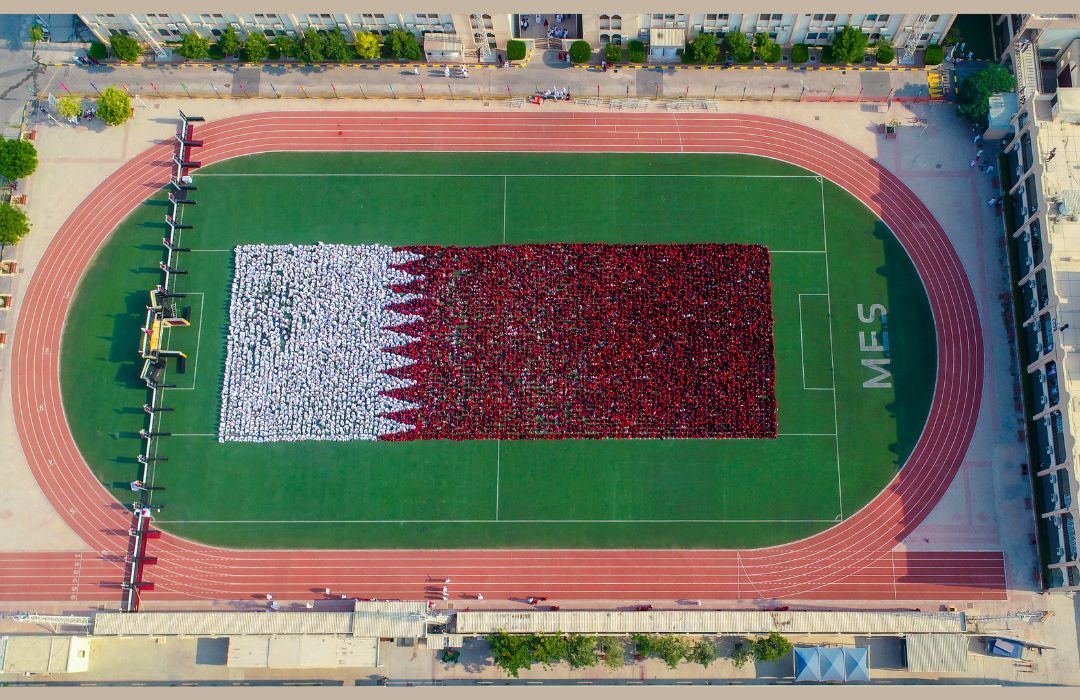










Doha, Qatar: Sidra Medicine, a member of Qatar Foundation, is leading the charge against adolescent eating disorders through its specialized clinic under the Adolescent Medicine program. The clinic, which caters to children and youth aged 8 to 17, is the only comprehensive facility of its kind in Qatar, offering evidence-based, multidisciplinary care tailored to the complex needs of young patients.
Staffed
by a dedicated team of pediatricians, psychologists, dietitians, and social
workers, the clinic provides diagnosis and treatment for a range of eating
disorders including Anorexia Nervosa (restrictive and binge-purge types),
Avoidant/Restrictive Food Intake Disorder (ARFID), and associated mental health
challenges such as depression, anxiety, trauma, and low self-esteem.
Dr. Madeeha Kamal, Acting Division Chief of
Adolescent Medicine, General Pediatrics, and Dermatology at Sidra Medicine,
emphasized the importance of early intervention and holistic care. “Eating
disorders are not simply about food or weight. They are complex mental health
conditions with deep emotional and psychological roots. Our clinic is committed
to raising awareness and providing specialized care that combines medical,
psychological, nutritional, and family support,” she said.
A key strength of the program lies in its
integration of allied health professionals. Dietitians provide individualized
nutrition plans to support recovery, while psychologists work with patients to
address emotional factors such as body image, anxiety, or trauma. Social
workers also collaborate with families to create a trusting, supportive
environment essential for healing.
The clinic also operates an inpatient service for
adolescents in need of 24-hour care. Both inpatient and outpatient care follow
the clinical guidelines of the American Academy of Pediatrics, ensuring
international best practices are upheld.
Dr. Ahmed Al Hammadi, Chair of Pediatric Medicine
at Sidra Medicine, shared a success story: “One of our patients, a 13-year-old
girl admitted with severe malnutrition and a dangerously low heart rate, made a
remarkable recovery. Through inpatient and outpatient support, she regained her
health, excelled in her academics, and was accepted to a prestigious
international university. Her story is a testament to what comprehensive care
and family involvement can achieve.”
The clinic also places a strong emphasis on
community education and parental guidance. Dr. Kamal offered the following
advice for families:
Early
Detection Matters:
·
Look
for warning signs such as skipping meals, rigid food rules, preoccupation with
calories, or avoiding meals in social settings.
·
Watch
for noticeable weight changes or withdrawal during mealtimes.
Why Nutrition
is Crucial:
·
A
balanced diet supports physical growth and emotional well-being.
·
It
should include three meals and two to three snacks daily, covering all
essential food groups—fruits and vegetables, whole grains, protein, dairy or
alternatives, and healthy fats like nuts and vegetable oils.
The Role of
Family Meals:
·
Shared
mealtimes promote connection, structure, and support.
·
They
are a cornerstone of recovery, offering a safe and consistent routine during a
challenging healing process.
Sidra Medicine continues to lead in adolescent healthcare in Qatar, ensuring young people struggling with eating disorders receive the timely, compassionate, and comprehensive support they need to heal and thrive.



